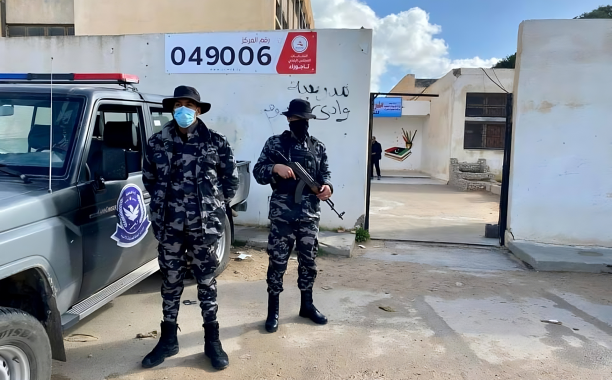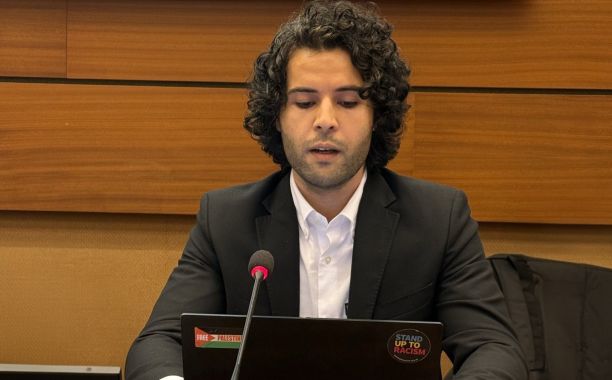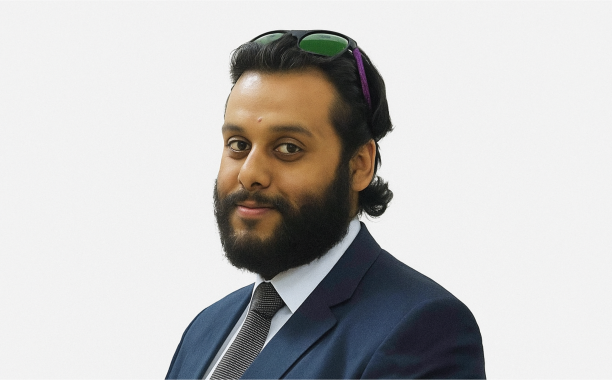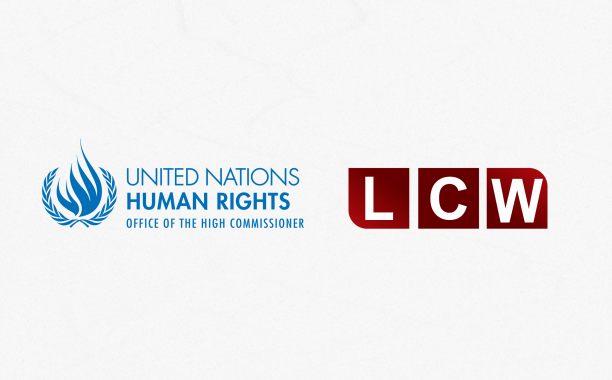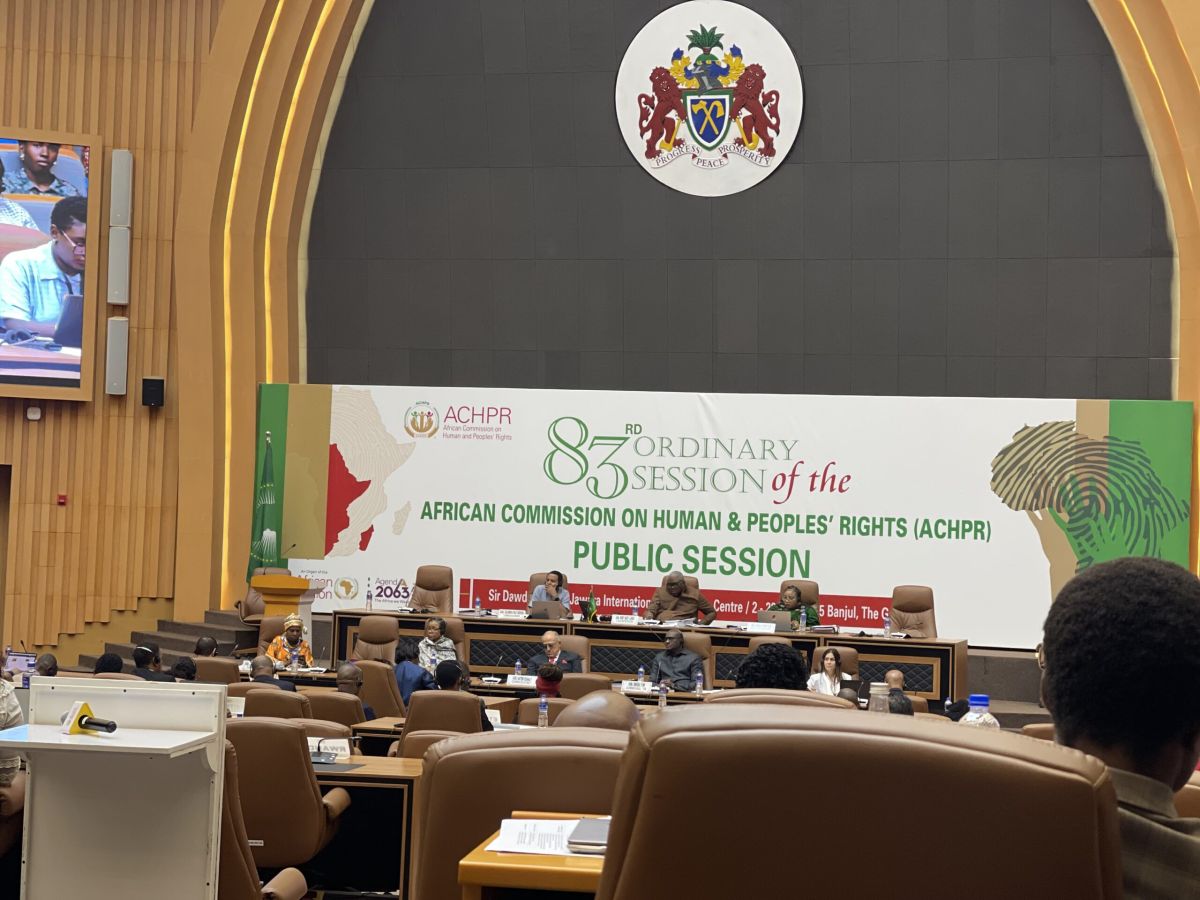
Libya Crimes Watch (LCW), in collaboration with the International Commission of Jurists (ICJ), took part in an advocacy campaign held in Banjul, The Gambia, from 2 to 8 May 2025, on the sidelines of the 83rd Ordinary Session of the African Commission on Human and Peoples’ Rights (ACHPR).
During its participation, LCW spotlighted a number of pressing human rights concerns, foremost among them the continued crackdown on civil society organisations, driven by the growing reliance on legislation that contravenes international standards, alongside increasing incitement and repression targeting activists. LCW also drew attention to serious violations against migrants in Libya, including arbitrary detention, enforced disappearance, torture and ill-treatment, forced deportation, and hate speech promoted by Libyan authorities.
LCW’s representative met with several Commissioners of the ACHPR, including the Special Rapporteur on Refugees, Asylum Seekers, Internally Displaced Persons and Migrants in Africa, as well as the Chairperson of the ACHPR. During the campaign, LCW renewed its call for the establishment of an independent investigative mechanism under the mandate of the ACHPR to continue the work of the now-concluded UN Fact-Finding Mission. The aim of such a mechanism would be to investigate grave human rights violations and international crimes committed in Libya, identify those responsible, and ensure accountability.
Nor Khalifa, LCW’s Communications and Outreach Officer, stated:
“This engagement is part of our ongoing efforts to bridge the information gap faced by regional and international human rights mechanisms, particularly in the context of the increasing integration of perpetrators into state structures and the absence of an independent mechanism capable of investigating the scale and severity of grave violations and international crimes in Libya.”
This marks LCW’s third consecutive participation in the ACHPR’s sessions. It forms part of the organisation’s broader advocacy strategy, carried out in coordination with its partners, to strengthen the protection of human rights in Libya. The strategy centres on documentation and advocacy before regional and international bodies, with the aim of addressing information gaps concerning the human rights situation in Libya, supporting victims’ rights, promoting accountability, and combating impunity.
